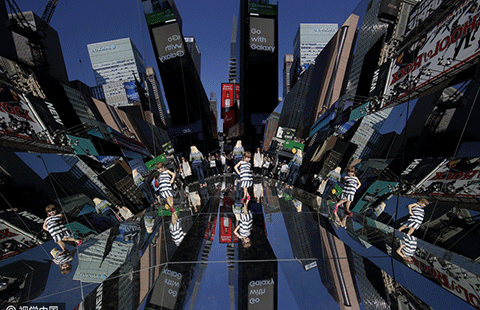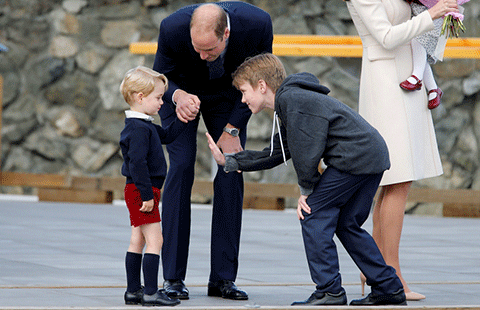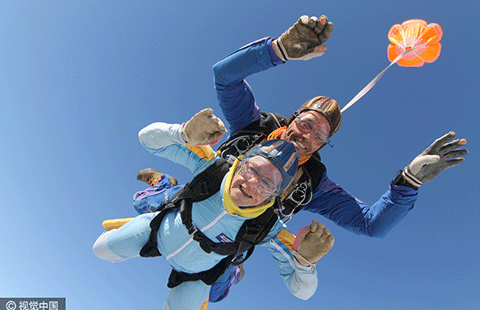Westerners embrace Chinese treatments
 |
|
Traditional Chinese Medicine doctor Ke Songxuan shows herbal remedies available at the Asante Academy of Chinese Medicine. [Photo/provided to China Daily] |
A growing number of health-conscious Britons are seeking ancient Chinese remedies and treatments, leading to a sharp rise in Traditional Chinese Medicine clinics.
While there were only a few hundred such clinics in the UK in the late 1980s, their number has mushroomed to more than 3,000 registered with the sector's self-governing bodies.
According to Peter Ren, director of the Everwell Group that runs 10 TCM clinics in London, most patients today are Westerners.
"Even in Chinatown where we have six shops, only a quarter of patients are Chinese," Ren said.
Chinese herbal remedies entered the spotlight in the UK around 1993 when David Atherton, a consultant dermatologist at London's Great Ormond Street Hospital for Children, became interested when several of his young eczema patients showed positive results after treatment in Chinatown.
Atherton ran a study that purportedly showed the herbal remedy worked better than a placebo. The study received huge media attention.
"Before, almost 100 percent of our patients were Chinese," Ren said. "Suddenly, there was a big demand for Chinese medicine from Westerners."
Acupuncture has also been growing in popularity and was added to the government's National Institute for Health and Care Excellence guidelines in 2009 as a treatment option for lower-back pain and headaches.
Acupuncture provided
An estimated 4 million acupuncture sessions were provided in 2009 in the UK, with about one-third administered under the National Health Service, according to the British Acupuncture Council.
Today, acupuncture is an option used by most NHS general practices, as well as the majority of UK pain clinics and hospices.
Ke Songxuan, a TCM doctor who moved to the UK in the 1980s, runs the Asante Academy for Chinese Medicine, which collaborates with three hospitals in London-North Middlesex, Whittington and the Royal Free.
"For the NHS, we provide diagnosis, acupuncture and sometimes tui na (massage therapy), but not Chinese herbs because this still has some way to go to convince the government," said Ke.
Of the 20-50 public and private patients who visit the academy in North London each day, almost all are Westerners, said Ke. More than half are women and most are affluent and middle aged.
"In England, most people want to go back to the basics, to more natural remedies," Ke said.
But the rise of TCM has been criticized by some in the medical community, who argue there is a lack of scientific evidence that treatments work.
In March, the institute removed acupuncture from its guidelines for lower-back pain, stating there was "not enough evidence to show that it is more effective than sham treatment".
Hitchcock said the council is trying to work with the institute to change its perspective.
"Western thinking has been dominated by using the randomized control basis for directly comparing A against B," he said. "Traditional Eastern science does not use a comparative A versus B approach. It tends to use a 'how well does this make the patient feel' approach-to Western thinking it seems more anecdotal."





























